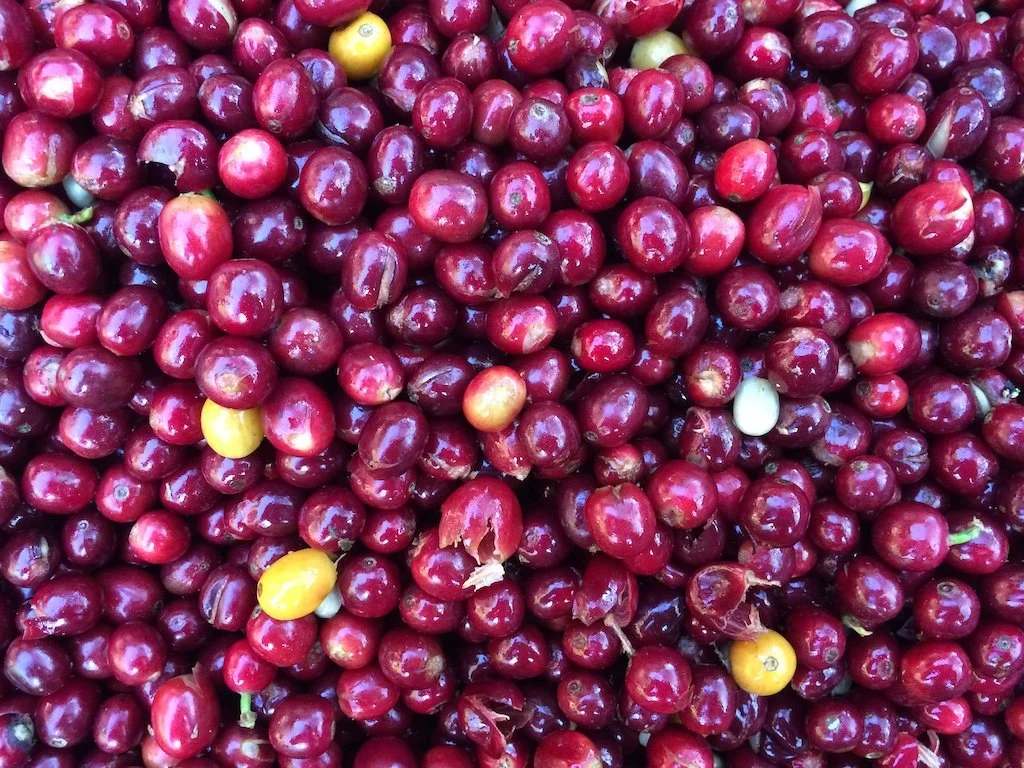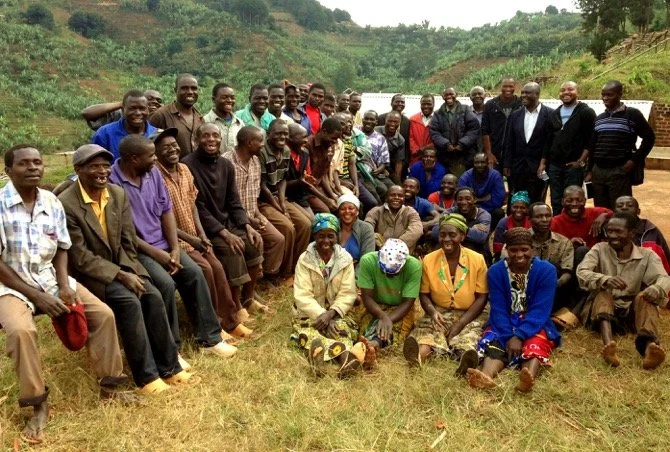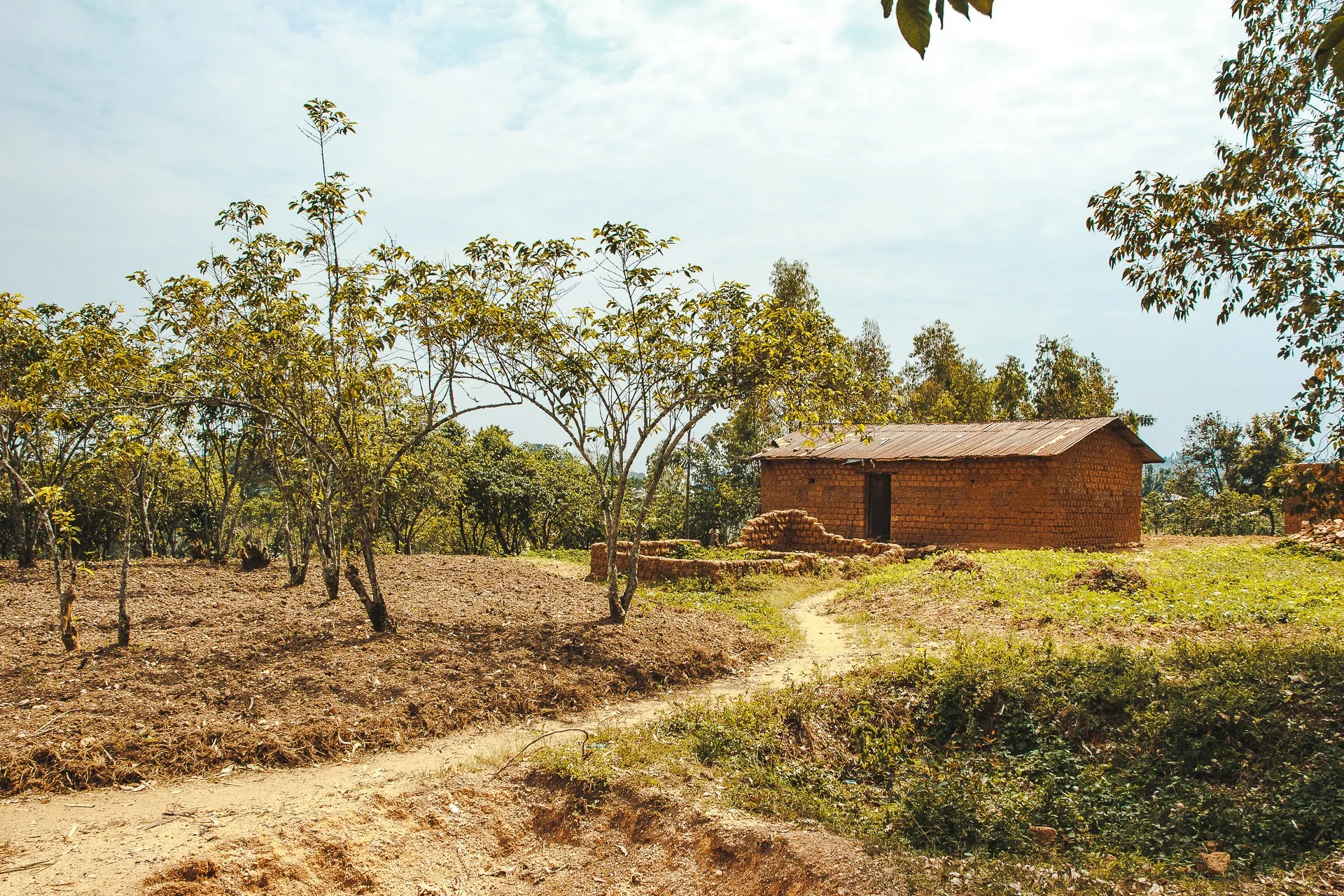
One of the most common questions we receive has to do with the organic and fair-trade certifications of our coffee products. This is a topic that could be debated for days. While we see a role for certifications in the coffee industry, we want to take an opportunity to explain why since our inception, we made the mindful decision not to prioritize these certifications in our coffee purchases.
HOW COFFEE IS PRICED: COMMODITY VS SPECIALTY
As we have previously explained, producers of coffee are among the poorest in the world. The commodity price of coffee – also referred to as the C price - is set each day on the future’s market in the United States. As with most commodities and products, price is a function of supply and demand. However, unlike most products, in which the demand and supply are calculated in real time, C coffee prices are a function of what traders’ estimate will be the supply and demand in the future. It is often said that the most important indicator of the C market price is the weather in Brazil. This is because Brazil is the top producer of all coffee worldwide: the harvest in Brazil accounts for approximately one-third of all global coffee produced annually. Therefore, while demand for coffee may remain the same or slightly increase, the supply of coffee – which largely depends on the climate and weather patterns – will always change from year to year. This past summer, Brazil experienced a drought, followed up a cold snap, that has sent the C price of coffee to levels not seen in almost a decade. In short, producers selling on the C market have no control over the price they will receive, leaving them vulnerable to forces completely out of their control.
Producers who have shifted to selling specialty coffee, on the other hand, are receiving prices that correspond to the quality of coffee. Specialty Coffee’s new definition is below:
As coffee is “graded,” producers selling coffee that scores higher on the grading scale will receive premiums often equally to 100-200% of the C price of coffee. It’s no coincidence that the best tasting coffee has gone through a meticulous process that accounts for the health and well-being of the growing environment and the hands that have touched the coffee.
FAIR TRADE COFFEE
The fair-trade movement began several decades ago but coalesced into its modern form at the turn of the century. Fair Trade USA, formerly Transfair, the largest fair-trade certifier in the US, opened its headquarters in 1998 and began certifying products in 1999. Fair Trade USA owns the label to the most well-known certification process. You will see this label on products from coffee to home décor.
According to Fair Trade USA, producers in their program are provided a minimum price of $1.40 per pound or 20 cents per pound more than the C price. During the years between 2016 and 2020, when the price of coffee hovered around $1/lb, this premium undoubtedly made a difference.
Criticism of Fair Trade USA / Transfair is everywhere and, in our opinion, are well-laid out in this article. The fair-trade premium does not incentivize quality production. Since it is based off the C market, farmers will get a fixed price for a sack of coffee regardless of the attention they may have paid to the quality during the growing, harvesting, and processing periods. As such, Fair Trade coffee is often low-grade.
Most importantly, there is little empirical proof that the fair trade movement has actually lifted the most vulnerable out of poverty. Coffee growers often rely on migrant workers to pick coffee cherries. And the fair-trade model does not account for these workers. Often, migrant workers are illegal and paid well below the minimum wage.
ORGANIC CERTIFICATION
The problems with organic certification are quite different to the issues outlined with fair-trade. Namely, organic certification costs a LOT and often results in lower yields, a risk that most small-hold farmers simply cannot take. Research depicts how certifications may trap producers in single, low-priced export cash crops, hindering agricultural diversification. Even further, converting a conventional farm to organic farming can take anywhere from 5 to 7 years, well in advance of when a farmer might know the price to be received or if the investment will pay off. Organic certification standards vary from country to country, so local inspectors must have recognition from all buying nations (i.e. US, Japan, S. Korea, Europe, etc.), which is expensive and must ultimately be incurred by the farm itself. Taken together, organic certification is reserved for larger producers with greater resources and an ability to take an enormous risk.
And as with fair trade certified coffee, organic certification has nothing to do with the quality of the coffee. There is plenty of low-grade coffee grown organically and subject to the organic premium, and there is plenty of non-certified coffee that is high grade, delicious, and grown according to environmental best practices. The latter is what we seek without requiring the expensive burden of the organic certification. While we have purchased and sold certified organic coffees many times in the past 6 years since opening, our goal is always to serve you the best tasting coffee that is ethically sourced and produced with all pillars of sustainability considered. Our producer partners are often employing organic practices. But some may use a synthetic fertilizer or fungal killer for the sake of salvaging an entire swath of their output. Granting our partners permission to take care of their land and maintain their livelihoods in a manner that is flexible and in their best interest is a pillar we hold dearly.
FINAL THOUGHTS
The average price Snowy Owl Coffee roasters paid to our partners in 2021 is $3.52. This is a holistic average, including all our blend inputs and single origin lots. Blend inputs are typically the cheaper coffee that is blended together to create desired flavor profiles while masking some of the undesired flavors. Single origin coffees are priced higher because they are perfect as is. We feel that at the heart of every successful business is trust. By explicitly partnering with organizations that we trust, we can better effectuate equity in the supply chain. Organizations who prioritize the quality of the coffee, the sustainability and viability of the land, and the well-being of all growers and laborers on a farm are partners we seek to work with. Examples of partners whose values we feel are entirely in alignment with our own but are not necessarily certified include: JNP Coffee, Mighty Peace Coffee, Yego Coffee, Ally Coffee, and Red Fox Coffee.
While certifications may serve a purpose – namely, raising awareness of some of the key issues facing our coffee-growing communities and environment – we see them as unnecessary, burdensome, and sometimes even disingenuous. We will continue our quest to purchase the best tasting, sustainably produced coffee while ensuring that each hands that has touched this coffee is paid a living wage.










